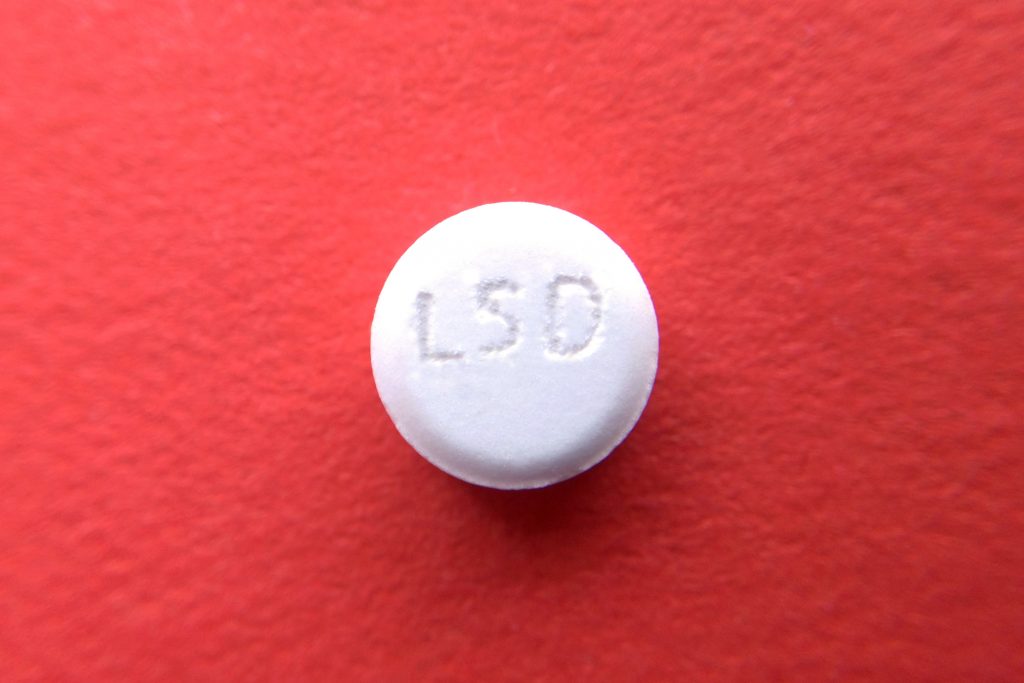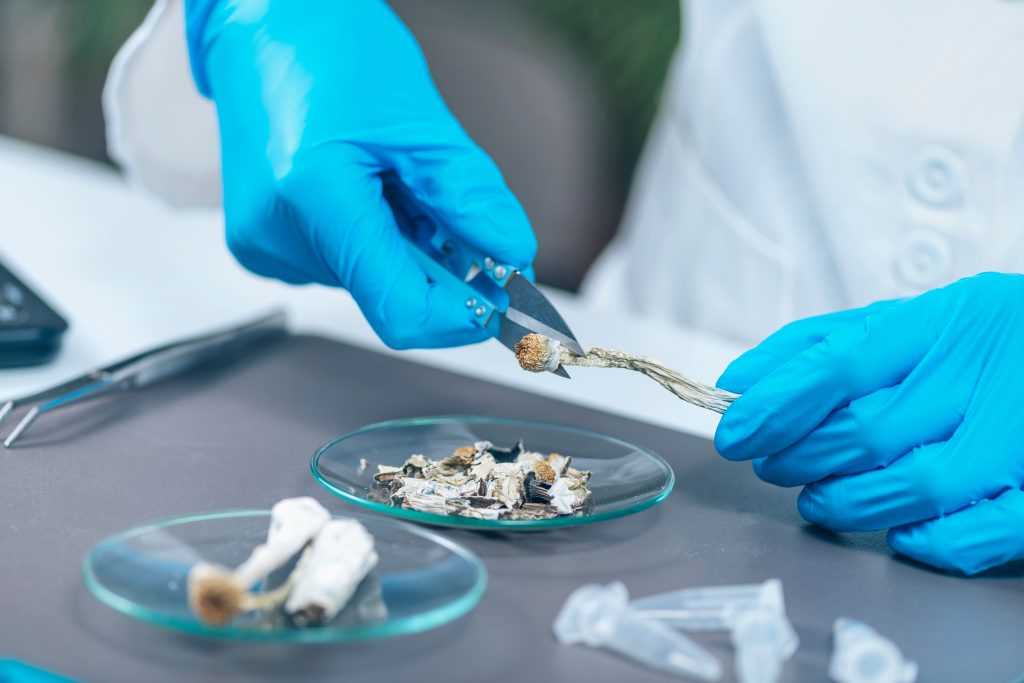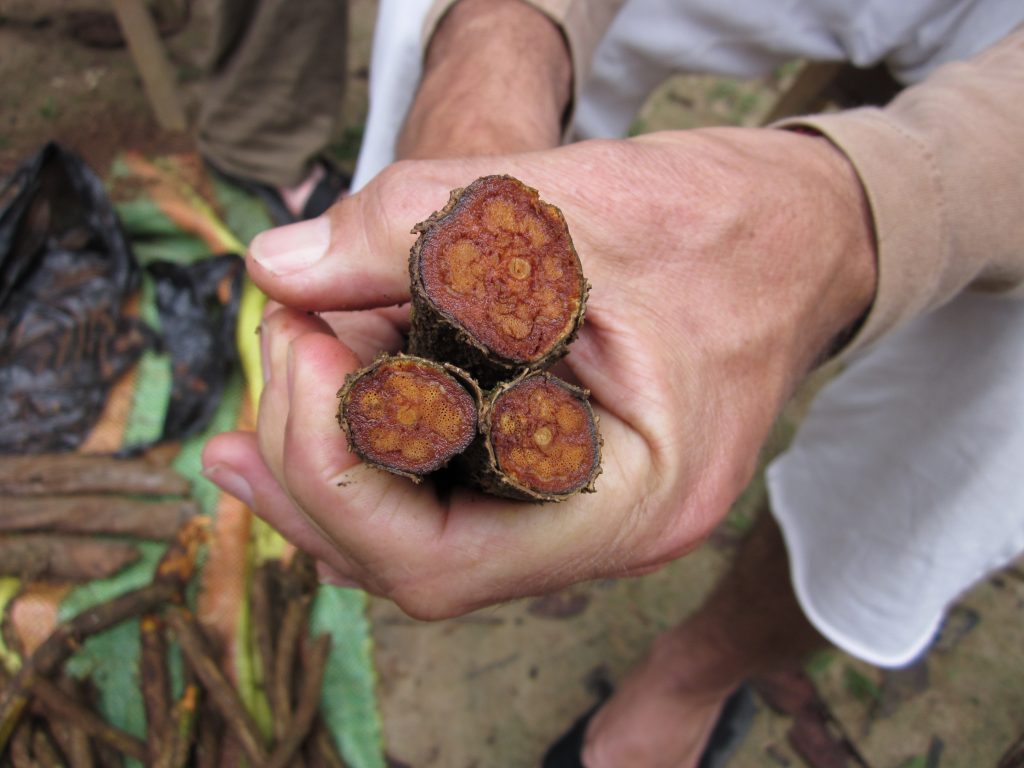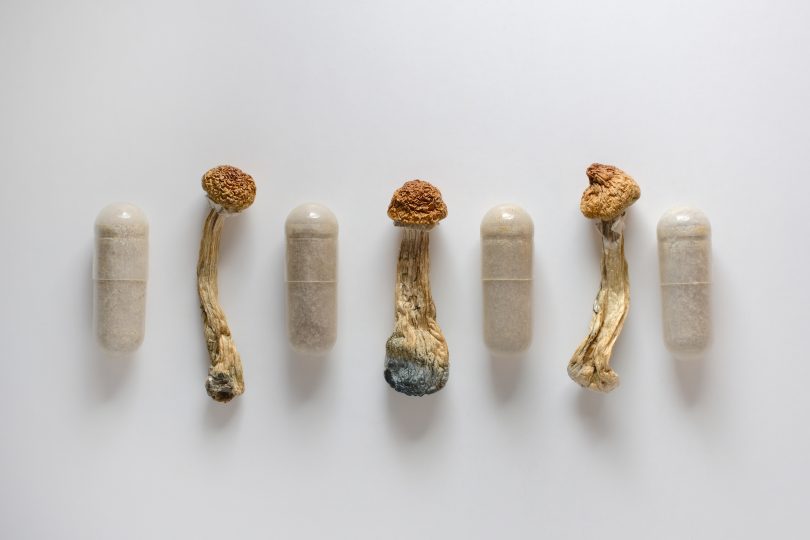Unless you’re living under a rock, you should have heard the word that psychedelics are becoming the new medical darling, with the idea of a legalization on its way. What does this mean though? Will we all be tripping on acid, or going to ayahuasca ceremonies, or playing around with magic mushrooms? Well, its possible, but maybe not right away. There are some realities to a psychedelics legalization, and some things to understand.
Is a psychedelics legalization on the way? Could be, but maybe not how you think. The US government is edging closer to the idea of allowing medical use, while different states are floating policies for recreational use. Stay tuned to life to find out what happens next! For more articles like this one, remember to subscribe to the Psychedelics Weekly Newsletter, your #1 source for everything related to this rapidly growing industry.
Are psychedelics legal now?
When it comes to many things in the US, there is a federal truth and a local truth. This goes for both cannabis and psychedelics as well. Cannabis has been federally illegal since the Marihuana Tax Act of 1937, with more stringent laws added to create a complete illegalization by 1970. However, if you’re really not living under that rock, you also know that there are huge legal cannabis markets in the US, but only in certain places, and each individual place with its own individual market.
That’s because America has States rights, which are actually ‘personal rights’, or anything that isn’t established by the US constitution, and which therefore can be argued in the Supreme Court. These rights enable laws to be made that run counter to US federal law, and cannabis is a prime example. 18 states now have legal, regulated recreational industries, or are on their way to. The number should be 19, but South Dakota had its publicly voted on measure taken away by its government. Nearly 40 have comprehensive medical programs, while even many of the remaining states have at least a minimal allowance for something cannabis related.
Psychedelics on the other hand were illegalized much more recently, though some of them only came about more recently. While entheogenic plants (which constitute natural psychedelics) have been used for millennia, synthetic psychedelics like LSD and ketamine were only invented within the last century. Psychedelics first became illegal in the US through the Staggers-Dodd Act of 1968 – though this only applied to mushrooms and LSD.

In 1970 the Comprehensive Drug Abuse Prevention and Control Act was passed which put massive restrictions on pharmaceutical industries, which though not bad in terms of oversite, were the beginning of the current drug scheduling model which works to rule out many compounds, with much bias.
The UN, for its part, put nearly all psychedelic compounds in Schedule I of the Convention On Psychotropic Substances in 1971, making them illegal worldwide. And to add onto all this, the US signed into legislation the Comprehensive Crime Control Act in 1984, which allowed the government to immediately ban any drug it pleased so long as it claimed the drug was dangerous first. The law was used to illegalize MDMA the following year. This, even despite a judge’s decision to put it in Schedule III instead and allow it for medical use.
Having said all this, Oregon decided not to care about it in 2020, allowing residents to vote on the matter of legalizing psychedelic compounds for medical use (Measure 109), and decriminalizing the recreational use of the drugs (along with many other drug classes) with Measure 110. These went through making Oregon the first state to set such policies. But not the first to do something. Denver, Colorado was the first on this front, decriminalizing magic mushrooms in 2019. Since that time, it has been joined by Oakland, Santa Cruz, and Arcata, California; Ann Arbor, Washtenaw County, and Detroit, Michigan; Washington, DC; Somerville, Cambridge, Northampton, and Easthampton, Massachusetts; and Seattle, Washington.
So, what does a psychedelics legalization mean?
The main thing to expect in terms of a psychedelics legalization federally, is for a medical legalization of specific compounds. In fact, this can already be seen with the legalization of esketamine, though chances are this legalization was spurred on by the non-government-sanctioned, yet not-illegal ketamine clinic industry which has been growing rapidly in the last several years.
Esketamine, a close relative of ketamine, was quietly legalized in 2019 as a way to attempt to divert from this existent ketamine industry. Ketamine is legal as an anesthetic, but can be prescribed for ‘off-label’ use legally, allowing it to be used for pain management and psychological issues at these clinics, but outside of specific regulation or taxation for the treatments. More well-known psychedelics MDMA and psilocybin (of magic mushrooms) are on the docket as well. How do we know this? Because the FDA was willing to grant breakthrough therapy designations to three different companies studying these drugs.
Compass Pathways and Usona Institute both received this designation for their studies into psilocybin, while MAPS received it for its study into MDMA. Not only did MAPS win this designation, but it also planned Phase III of its trials in conjunction with the FDA to ensure that results meet regulation. Out of all of this, I’m not sure that another move more clearly signifies the intent to legalize, than for a federal body to actively promote a compound to the point of ensuring a study on it will be able to meet all regulation, even before seeing results.

If you’re wondering what this designation of ‘breakthrough therapy’ actually means, according to the FDA, “A breakthrough therapy designation is for a drug that treats a serious or life-threatening condition and preliminary clinical evidence indicates that the drug may demonstrate substantial improvement on a clinically significant endpoint(s) over available therapies.”
Will the US federal government go for a recreational psychedelics legalization? Though I would certainly never say never, I don’t see that happening any time soon, though its quite possible that the US government will find itself in the same place it is with cannabis, having state after state adopt policies that conflict directly with it.
In the case of cannabis, its gotten to such a fever pitch, that the federal government looks weaker and weaker with every new legalization. So much so that the federal government is doing a complete turnaround, and even before getting to a medical legalization, its already floating two different legalization bills. One is called a decriminalization, but as it sets up tax measures, it sounds like more of a legalization in decriminalization clothing.
Will psychedelics ever be legalized?
Sure, as stated, the federal government might get there at some point if more and more states go against it. And its likely to happen faster than with cannabis, as cannabis set the stage so well. But even if the federal government drags its heels, it’s already being taken up by individual locations within states, as well as state governments introducing policies for the entire state. So far, these have been strictly decriminalization measures, with the exception of Oregon, which legalized medical use.
However, two other states are looking to take it up a notch. Both California and Michigan introduced legislation for full-state legalization policies for psychedelics. In California, this is being done through the California Psilocybin Legalization Initiative, which may make it onto the ballot for 2022 as a referendum for public voting. The bill would specifically “legalize psilocybin, including psilocybin mushrooms, truffles, sclerotia, and mycelium, in California.” This would cover the “cultivation, manufacture, processing, distribution, transportation, possession, storage, consumption, and retail sale of psilocybin mushrooms.”
Michigan, for its part, introduced Senate Bill 631 in September of last year, which would legalize plant-derived psychedelics for use (including communal), cultivation, possession, delivery, and production. This would not include sales, however, as this would remain illegal, with a caveat that a fee could be charged for “counseling, spiritual guidance, or a related service that is provided in conjunction with the use of an entheogenic plant or fungus under the guidance and supervision of an individual providing the service.”

Psychedelics haven’t been fully legalized anywhere yet like cannabis has, but it looks to be in the works. When trends like these start, they don’t generally just stop. So even if these bills both get stifled, the next round will likely produce a winner. And that means that if this is indicative of a new trend, that we can expect to see state-wide legalizations for recreational use of psychedelics within the next couple years. Add onto this the FDA’s interest in psilocybin and MDMA, and the US government’s desire to tax anything it can, and it looks like a medical legalization can be expected on a federal level whenever those drugs are ready to be sold.
Conclusion
What will a psychedelics legalization look like? Probably a lot like with cannabis. Individual governments will set up policies, and eventually the federal government will cave and start to offer its own legislation. Much like with cannabis as well, the government will fight itself to legalize the compounds medically, knowing its smear campaigns can’t work forever, and that eventually it will have to take a 180º turn.
In both cases – cannabis and psychedelics – these compounds do not go from fully illegal to fully legal with no parameters at all. The cannabis industries of today are highly overregulated, so even in a legal place, the guidelines for legality are extensive, with tons of pitfalls. Smokers in legal locations must beware of blood THC levels as a new DUI possibility, the inability to smoke in public places, and the appearance of alcohol in places that cannabis is still not allowed, among many other regulations.
Hello readers, thanks for joining us! You’ve made it to CBDtesters.co, the internet’s one-stop-shop for the most relevant and important cannabis and psychedelics-related news going on world-wide. Drop by whenever possible to stay aware of the constantly-morphing landscape of cannabis and medical psychedelics, and check out the The Psychedelics Weekly Newsletter, so you’re always on top of everything going on.
Disclaimer: Hi, I’m a researcher and writer. I’m not a doctor, lawyer, or businessperson. All information in my articles is sourced and referenced, and all opinions stated are mine. I am not giving anyone advice, and though I am more than happy to discuss topics, should someone have a further question or concern, they should seek guidance from a relevant professional.

